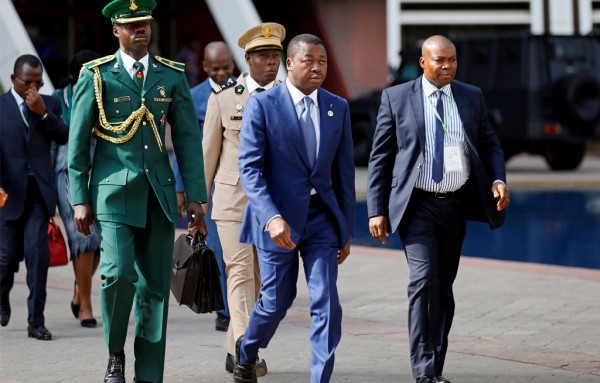
As state Togo’s president has approved a revised constitution that eliminates presidential elections, according to his office on Monday night. This move, criticized by opponents, is seen as a tactic to prolong his family’s six-decade-long grip on power. Civil society groups in Togo are urging protests against this decision.
Under the new constitution, the president will be chosen by Parliament. This follows the recent announcement by the election commission declaring President Faure Gnassingbe’s ruling party victorious in most parliamentary seats.
Before the vote, there was a crackdown on civic and media freedoms. Protests against the proposed constitution were banned, and opposition figures were detained. The electoral commission also prohibited the Catholic Church from deploying election observers, while foreign journalists faced accreditation suspensions.
The revised constitution extends presidential terms to six years with a single-term limit. However, Gnassingbe’s nearly 20-year tenure would not count towards this limit. There are concerns among political opposition, religious leaders, and civil society that Gnassingbe may retain power beyond his mandate’s expiration in 2025.
For 57 years, Togo has been under the rule of the same family, first by Eyadema Gnassingbe and then by his son, Faure Gnassingbe, who assumed office following contested elections.
Additionally, the new constitution introduces a prime minister-like position appointed by the ruling party, raising fears of further consolidation of power.
A coalition of around 20 civil society organizations in Togo is calling for protests to reinstate the previous constitution. David Dosseh, a spokesperson for these groups, emphasized their rejection of the new constitution, highlighting the necessity of the 2025 election for democratic transition in Togo.
